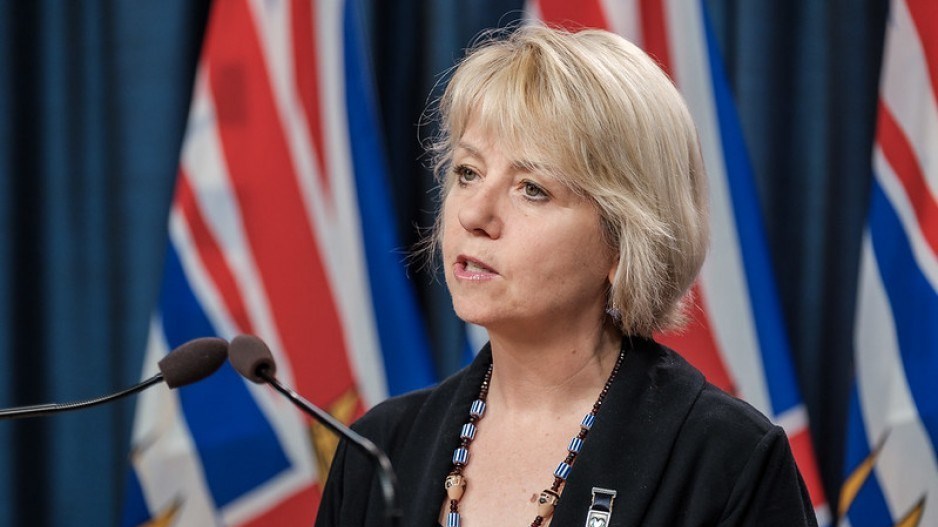B.C. tallied 47 new cases of COVID-19 over the last 24 hours, according to data released Thursday (August 6).
“Obviously they’re higher than I would like to see,” B.C. Provincial Health Officer Bonnie Henry said during a media briefing, referring to the number of new cases over the past week.
“The things that I am worried about are cases that are appearing out of nowhere or are not connected, and so far those have been low.”
But the latest figures also reveal the province has gone six consecutive days without COVID-19-related deaths.
The province on Wednesday reported 146 new cases between July 31 and August 4, but no deaths.
The cases announced Thursday bring the province’s total number to 3,881, while 371 of those remain active.
Eleven people are in hospital as a result of COVID-19, with five patients are in critical care or the ICU.
By region, 1,114 cases have been recorded in Vancouver Coastal Health; 2,045 in Fraser Health; 146 in Vancouver Island Health; 385 in Interior Health; and 93 in Northern Health.
Another 69 cases represent those from patients living outside Canada.
The new COVID-19 cases come the same day as TransLink and B.C. Transit announced face masks would be mandatory on all modes of public transit.
“I’m really pleased with TransLink and B.C. Transit,” Henry said.
“As ridership increases, it’s harder to maintain those physical distances consistently.”
She said British Columbians should be using the summer to prep for “layers of protection” as families and children get ready to return to school in September.
That includes donning masks on public transit in anticipation of children taking rides on school buses, according to Henry.
“Those are things we need to start doing collectively now,” she said.
The province’s plans for bringing K-12 students back into the classroom has been met with a mixed response, with critics questioning the risks of exposing children to cohorts or “learning groups.”
Student and staff in those cohorts will primarily interact only with each other throughout the school year.
For elementary students, those groups will be made up of about 60 people, while secondary schools will see learning groups of up to 120 people.
“People are thinking of the school that they left in March. It is different now,” Henry said.
“You can make a classroom safe … It means thinking differently. There’s a lot of innovation going into those things.”
B.C. Health Minister Adrian Dix also had stern words for the province’s young adults, many of whom he said are putting residents at risk by holding parties and large gatherings during the summer.
“Enough. That’s enough now,” Dix said, adding table-hopping at restaurants and cramming into houseboats were unacceptable practices.
“It’s time to stop putting out that welcome mat.”



